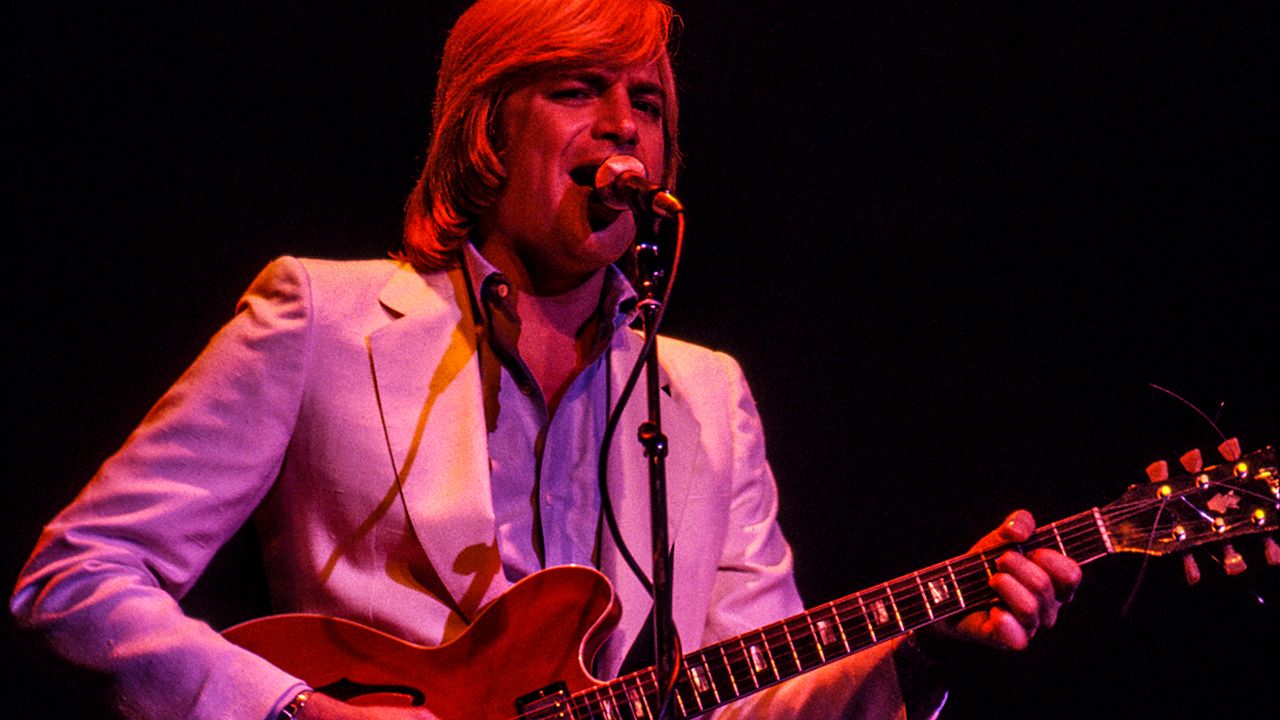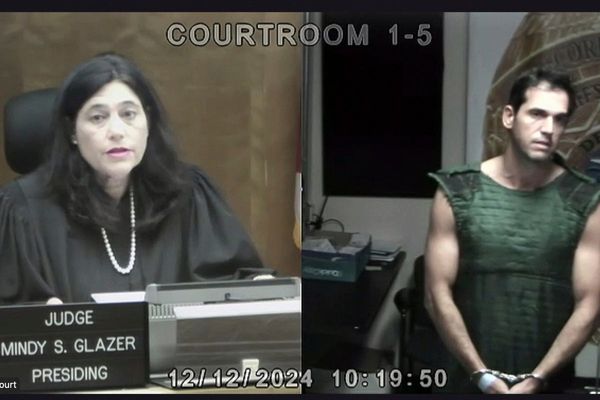
The success of 1978 hit single Forever Autumn, sung by Justin Hayward, was a welcome surprise to its co-writer Jeff Wayne. In 2011 he told Prog about the happy accidents that took it to into the top 10.
In the four-decades-plus since its original release, Jeff Wayne’s Musical Version Of The War Of The Worlds has sold millions of copies, enjoyed massive live success and spawned a video game.
Yet while it’s remained one of the biggest and most enduring albums since its arrival in 1978, only one song has been a hit single – Forever Autumn. And even that surprised Wayne, who co-wrote it with Gary Osborne and Paul Vigrass for the second side of the double album.
“All it was to me was a song that fitted into the overall story,” Wayne says. “It tells of our journalist – the narrator – making the journey from Woking, where he lives, to London, in order to find his fiancée, Carrie, and her father.
“The journalist realises that the Martians are taking over England, and nothing can be done to stop them. The only safe place might be in another country.” He hopes to escape with Carrie and her father – but when he gets to their house, it’s empty.
The melody goes back to 1969, when Wayne composed it for a Lego commercial which can be heard below. Vigrass and Osborne, who performed the jingle, released a different version as a single in Japan in 1972, reaching the top 20.
But the War Of The Worlds version is the one most people recall, mainly as it’s sung by Justin Hayward of The Moody Blues, playing the sung role for the journalist, elsewhere voiced by Richard Burton.
“Like everything else about this project, I never chose Justin,” Wayne says. “Luck was on my side – although I did always have the ‘bloke who sung Nights In White Satin’ in mind when I wrote it.”
As part of his science-fiction story, Wayne wasn’t thinking in personal terms when Forever Autumn was being composed. “But listen to the way Justin sings it – it’s clear why people empathise with it. I guess he’s a lot of the reason why it became such a big hit.
“The song resonates so much with people because of the universal nature of the lyrics. Everyone can relate to the fact that they deal with loss, and how you come to terms with it. In the end, themes that are so wide-ranging do make a huge impact.”
The song reached number 5 in the UK charts in July 1978. Three more singles followed – The Eve of The War, Brave New World and Thunderchild – but none of them gained chart traction.
Why was Forever Autumn the only one to get chart recognition? “Maybe because of the magic Justin added,” Wayne reflects. “He still sings it in the live show [2006-7 and 2009-11]. Who else could do it?”







